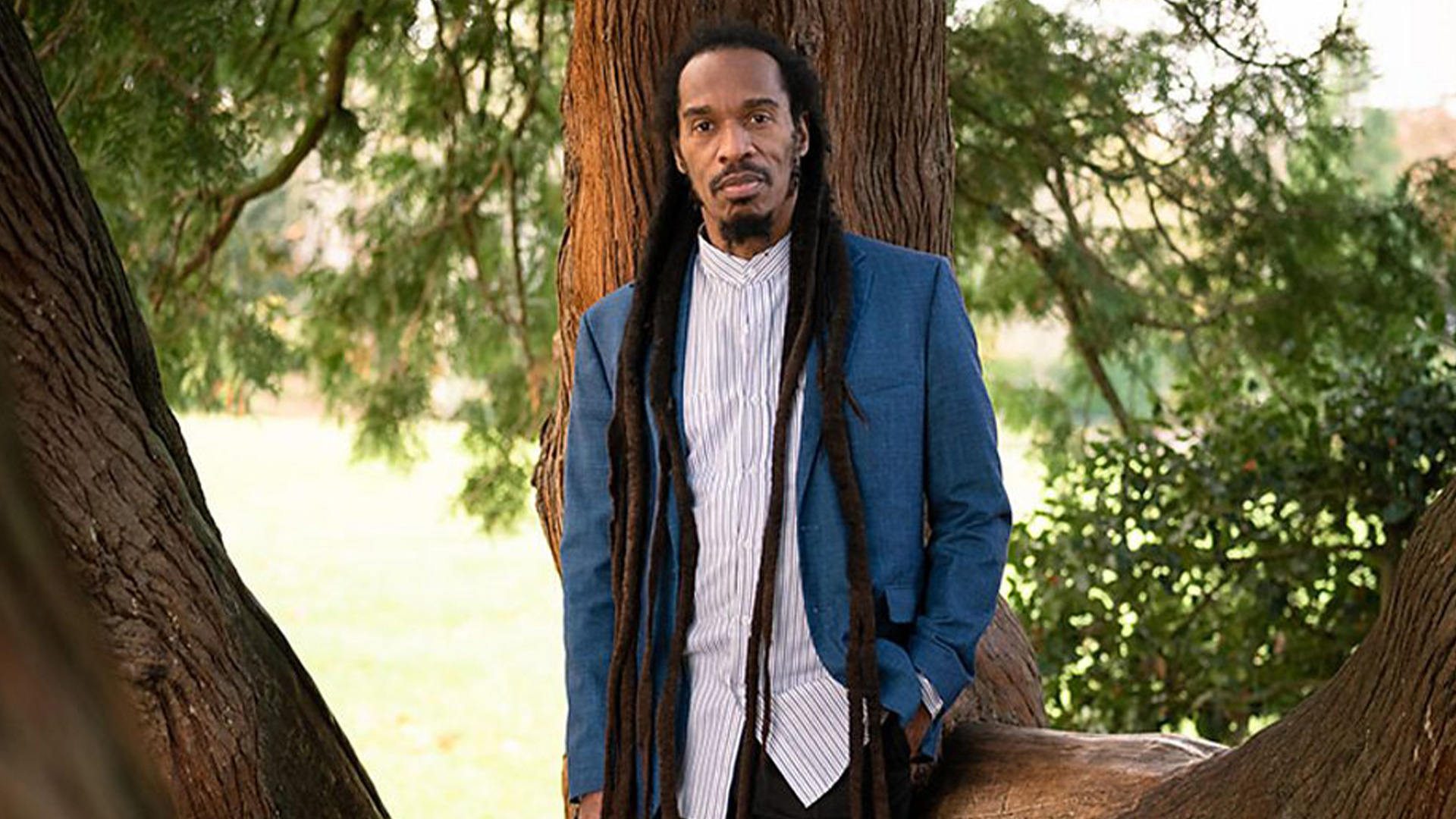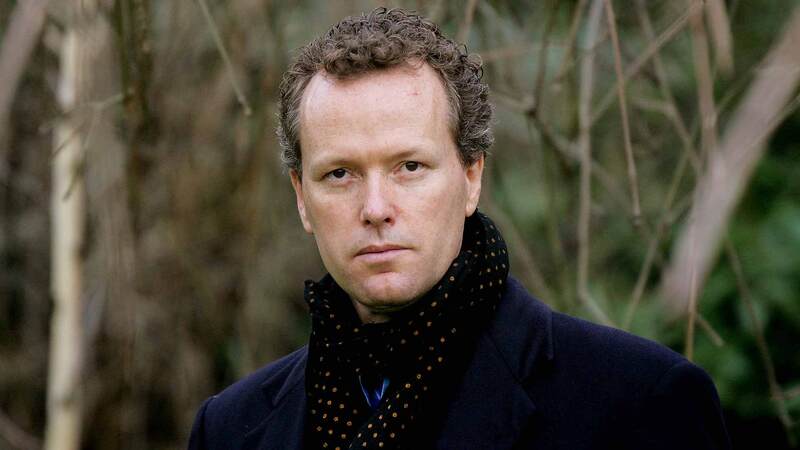You are viewing your 1 free article this month. Login to read more articles.
Bring on Zephaniah Day
Burns is brilliant, but dialect poetry needs more than one chance to celebrate.
Dialect poetry rings in our ears at this time of year. The nights are cold, the days are dark and we want poetry spoken warmly, characterised by local inflections. No sooner are we swilling down the dregs of the past year to "Auld Lang Syne", when the celebration of the same poet is coming into focus on Burns Night. With New Year’s Eve characterised by dialect poetry, and Robert Burns also having a dedicated day to himself, why aren’t publishers looking to draw on this populism through backing their own dialect poets? And where is England’s answer to a dedicated day for a national dialect poet?
Burns’ poetry is underpinned with a buzzing economy. According to gov.uk, the accoutrements of a good Burns Night have increased in popularity in recent years and are now mass exports around the world. The past decade has seen a 136% increase in the shipping of haggis by tonnage to other countries, including Greece, Ghana and Hong Kong. Leading haggis distributor, Macsween in Edinburgh, export to seven international markets and managing director James Macsween makes an important point that translates across to poetry markets: "We are proud to grow through innovation."
Innovation is the key ingredient to the growth and development of poetry as an art form. Burns knew this and risked everything on his intuition that poetry could be a vessel for the spoken Scots that he knew. This wasn’t a simple case of him writing down what he heard on the streets; through phonetic transliteration of words, through rhythmical patterning of an already sonorous dialect and through the search for the luminescent image – from a mouse to a louse – Burns created a body of work out of the language materials that were around him. From this local energy, his work has pivoted to the global, with Bob Dylan citing Burns’ "A Red, Red Rose" as the lyric that has had the biggest effect on him.
Scotland has Burns Night, but what’s going on in England? We don’t even have a Shakespeare Day, which – unless we forget – would also mean celebrating the accent and dialect of the Midlands.
We are a series of nations that love dialect poetry. The widely celebrated Liz Berry – published by Chatto & Windus – has shown with her tender poems of Black Country dialect just how strongly people engage with non-standard English poetry. Her first collection won the Forward Prize for Best First Collection, the Geoffrey Faber Memorial Prize and the Somerset Maugham Award, demonstrating the wide readership contemporary publishers can find with dialect poetry. Berry’s poem "Homing" is now set on the AQA GCSE syllabus, guaranteeing future readers for her work.
Scotland has Burns Night, but what’s going on in England? We don’t even have a Shakespeare Day, which – unless we forget – would also mean celebrating the accent and dialect of the Midlands. The Bard wrote 150 years before the straitjacket of standard English fell in the form of dictionaries, landing on school desks like house bricks from Mars. It’s an alien concept, this straightening out of language, more so to anyone – like me – who speaks with a regional dialect. For poets, dialect is material – a collection of sounds collaged together with the powerful glue of identity. Take Benjamin Zephaniah’s poem "I Love Me Mudder":
I luv me mudder an me mudder luvs me
We cum so far from over de sea,
We heard dat de streets were paved wid gold
Sometimes it’s hot, sometimes it’s cold
Young people resonate with Zephaniah because there is so much human warmth delivered with rule-breaking linguistic energy. "He came to my primary school," one of thousands of online fans say, "like 40 years ago when I was seven, blew my tiny mind, because of him I begun to like and appreciate poetry."
Should we then push for a Shakespeare Night? No – let’s have a national Benjamin Zephaniah Day. The first of these has been set by Zephaniah’s wife Qian Zephaniah, in partnership with Brunel University, and will happen on 12th April 2025. I’ve seen the effect of Zephaniah’s words so many times, from school children visiting the National Poetry Library, laughing with those Funky Turkeys, to his broad beaming smile on stage and the magnanimity of his social embrace to those who needed it most. Zephaniah Day celebrates his dialect – that electric mix of Jamaican patois and Birmingham English – and shows the immediate reach poetry can have. Zephaniah Day celebrates that sometimes people speak a mix of multiple dialects and that dialect itself is always changing, as Zephaniah said himself: "The Birmingham accent has always changed. Once upon a time it was highly informed by Irish. You know and now it’s highly informed by Jamaican and Bengali."
Zephaniah Day allows us a moment to celebrate all the international dialects spoken in the UK from Sylheti to Hinglish, Spanish to Dunglish, and to celebrate what poetry can do to connect people with them. It’s a moment when we can stop and say we love our mother tongues, and our mother tongues love us.




















